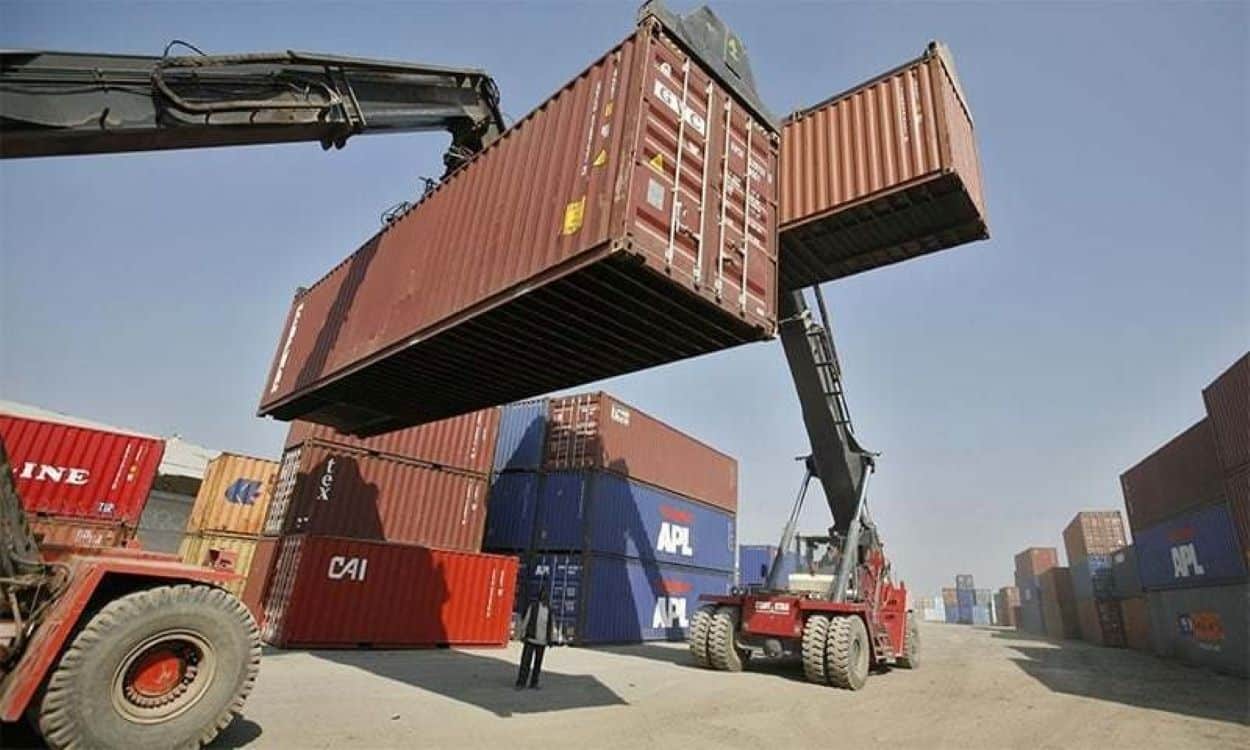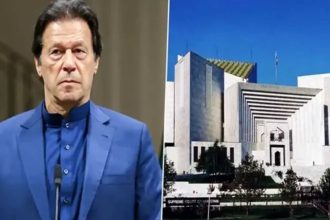New Customs Department regulations introduced on January 1, 2025, have significantly slowed the movement of custom-bonded cargo from Pakistan’s ports.
The rules mandate that transit and transhipment shipments must be escorted by customs personnel. This requirement has led to minimal operations, with transport operators ceasing to dispatch vehicles in convoys, labelling the process as economically unfeasible and time-consuming.
The Customs Department’s new standard operating procedures (SOPs) define specific routes and detailed escort plans. These SOPs aim to enhance delivery safety and timeliness and ensure personnel’s well-being by incorporating necessary rest periods.
Industry stakeholders, including bonded carriers and transporters, criticize the SOPs for not considering practical operational challenges. Under the new rules, a convoy journey from Karachi to Sukkur takes 48 hours, doubling the usual duration. Stakeholders argue that mandatory collective stops disrupt individual schedules for rest and refuelling.
The situation deteriorated after TPL Trakker, responsible for installing security trackers on containers, revoked its license on December 31, 2024.
Bonded carrier representatives report a severe reduction in cargo movement, with few consignments transshipped recently. Malik Sher Khan, chief executive of Shaheen Freight Services, warns that 90% of trade could suffer under the new convoy system. He notes that most vehicles bonded carriers use are unsuitable for convoy operations on motorways.
Khan urges the Federal Board of Revenue (FBR) to facilitate trade by ensuring swift clearance and transportation of cargo. He emphasizes that timely deliveries are crucial for promoting trade and maintaining the livelihoods of those in the transport sector.






